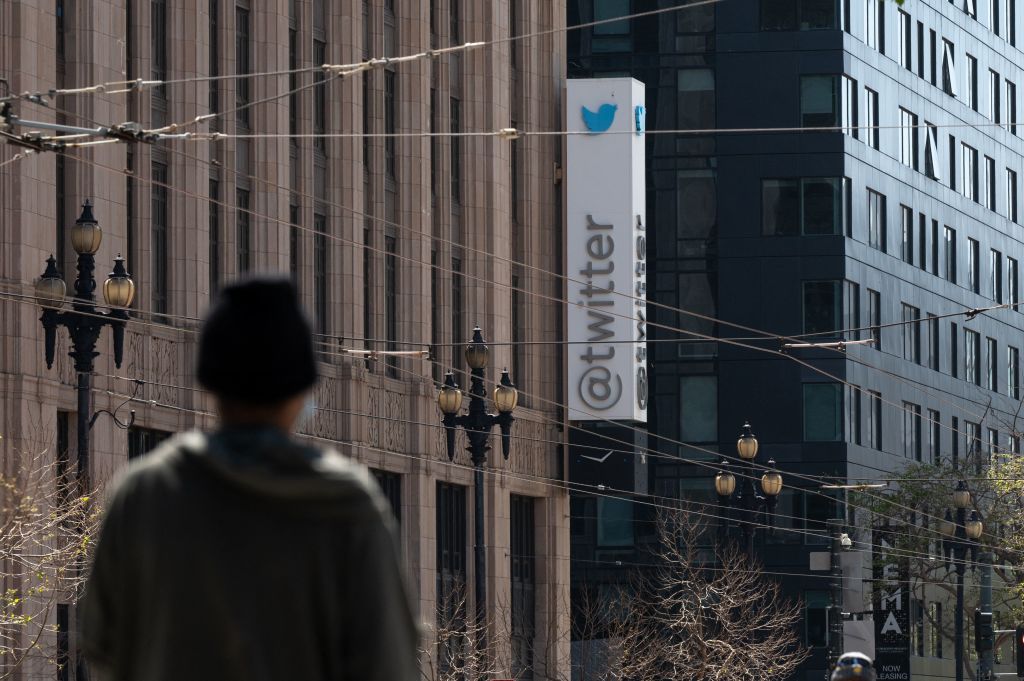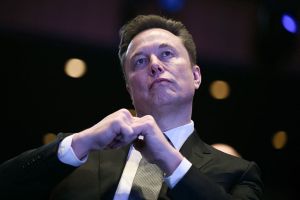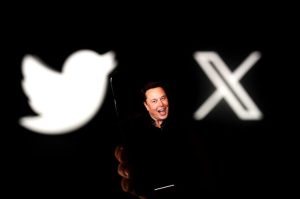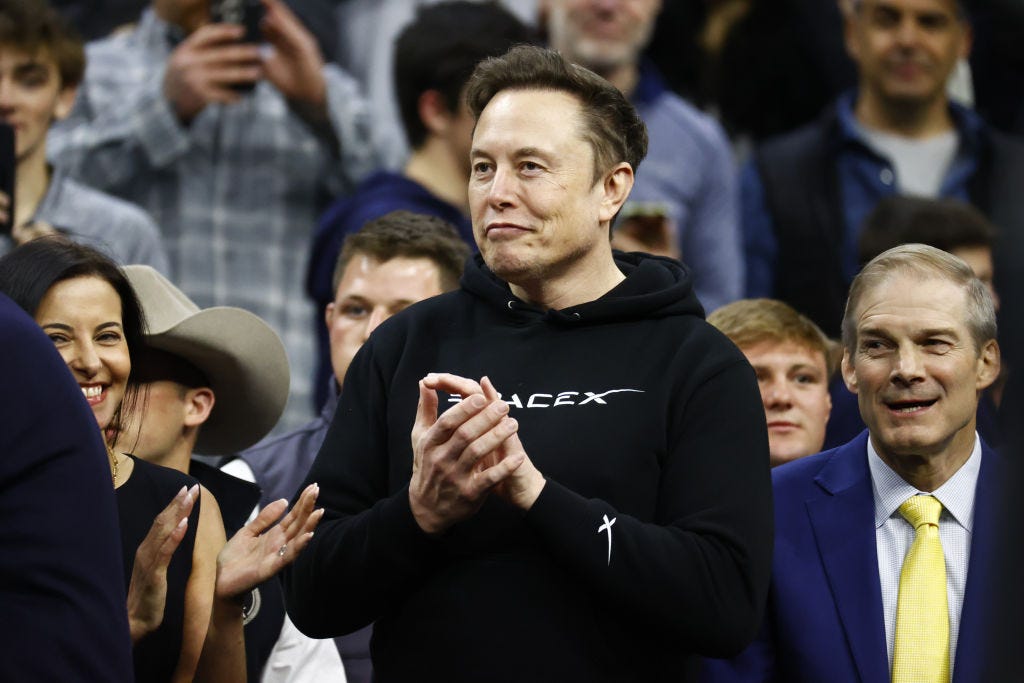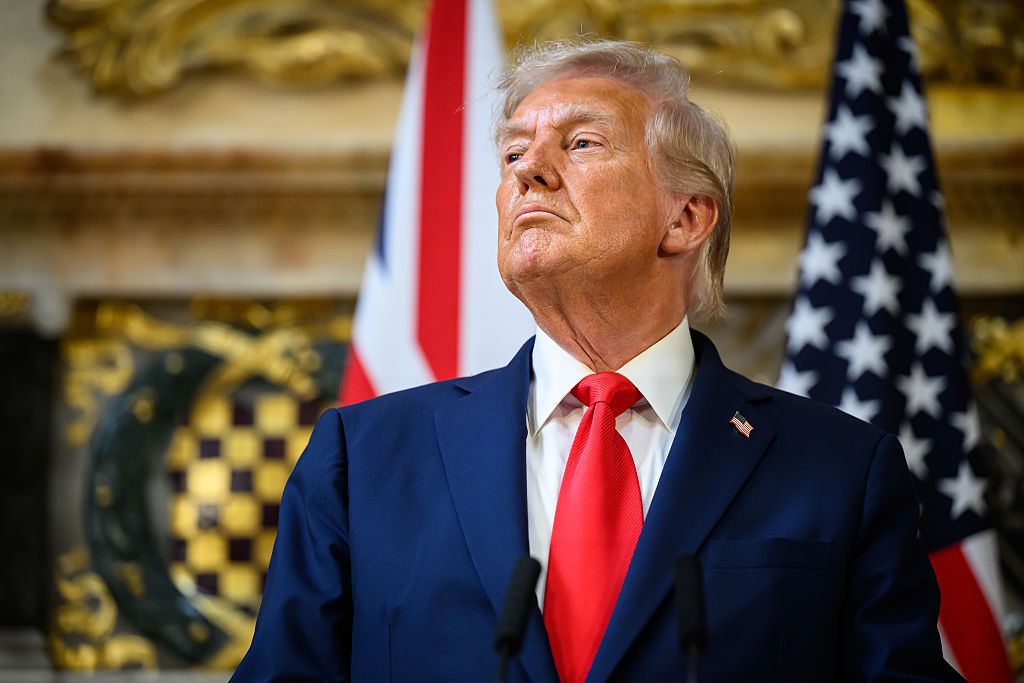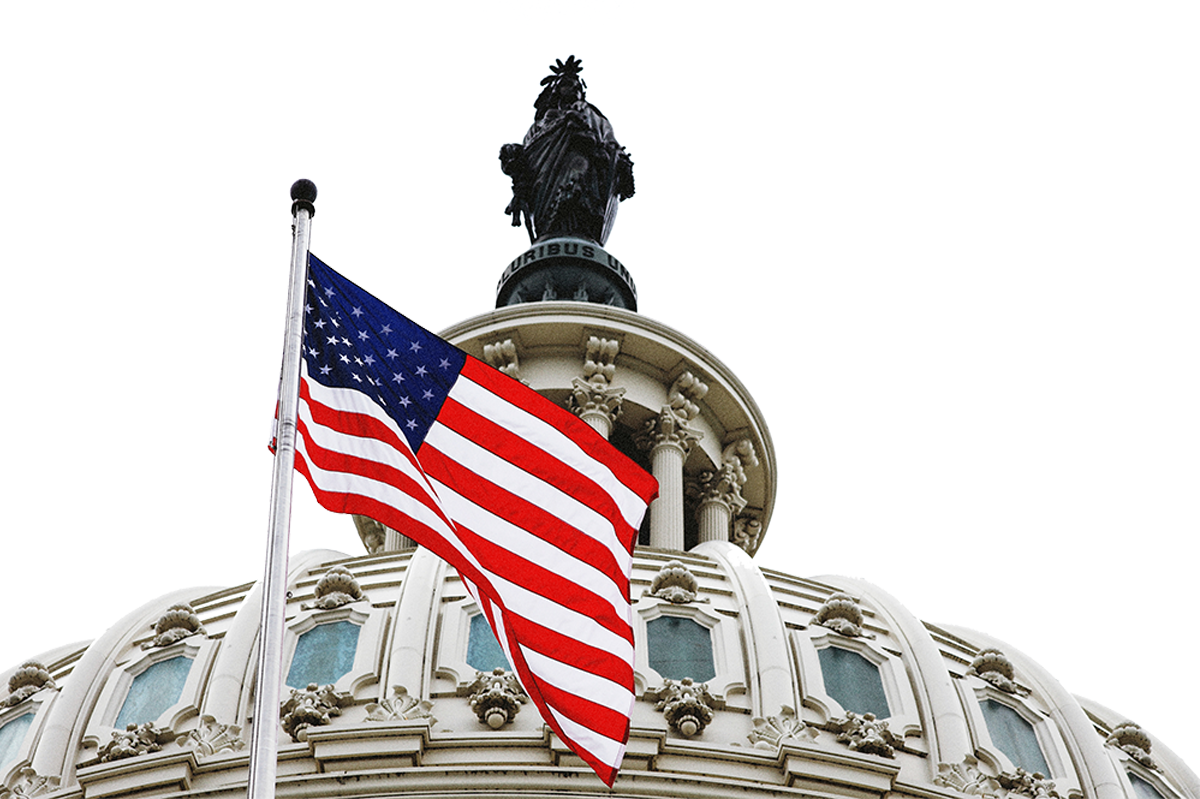Before the internet, the town square was a weirder place. True believers — from those concerned about fluoride to those dedicated to stopping gay frogs — had to put in the work. There were cardboard boxes and Sharpies to procure in order to make signage. A milk crate wasn’t necessary, but it did elevate the speaker above his audience. It was not a desk gig. People had to get up and hit the corner from morning until some point in the evening, blasting out their gospel to whoever passed by and, perhaps, stopped to listen.
Those early content creators had angles. Some sang or played guitar. Others simply testified. Regardless, they were the righteous, willing to sacrifice time and effort for their art.
Then Twitter happened. Suddenly, anyone could log on and post their thoughts to whoever digitally passed by and, perhaps, stopped to listen. More important, this meant anyone could do so from the comfort of their couch, basement abode, or asylum. Very little effort was required. It was odd, magical, and democratic.
Alas, that was not to last, as Twitter would soon become the primary outlet for the mainstream media, influencers, and various other monolithic thought leaders, many of whose statuses as thought leaders were conferred simply by having large (and easily manipulated) follower counts. What was once a place where anyone could hold forth and inspire conversation became an echo chamber, rewarding some for offering vacuous platitudes while punishing others for offering original thoughts.
It mattered not if the echoes were true and the original thoughts nonsense. What mattered was that it morphed from a town square into a scene from 1984. The best social media platform became the one that told you what you knew already.
Now, Elon Musk has purchased the bird app. There has been much wailing and gnashing of teeth about his nefarious plans — plans so nefarious that he publicly outlined them, saying, “[It] is important to the future of civilization to have a digital town square, where a wide range of beliefs can be debated in a healthy manner, without resorting to violence.” And while he didn’t weigh in on fluoride or milk, he did add, “Twitter cannot become a free-for-all hellscape, where anything can be said with no consequences!”
That message was directed at the companies that advertise on the platform, which makes sense. As an entrepreneur, making the platform, which has rarely been profitable, fiscally successful is obviously his top concern, not least because he purchased it at a premium. But to achieve that goal, Musk cannot focus solely on the advertisers. Instead, he needs to unleash Twitter’s weirdness, truly making it funky again.
When the merchants of truth (or truthiness) moved from the physical town square to the digital one, they sacrificed some things. With the ease of posting came the ease of being banned. While local police might have, on occasion, deplatformed them from their milk crates or confiscated their signage, they were always back the next day. They were never banished from the town altogether.
Twitter, on the other hand, has suffered from gentrification and nimbyism, which isn’t shocking given the overrepresentation of the gilded laptop class the platform offers. What was once a quirky place where anyone could interact with anyone else is now animated by groupthink and the heavy-handed harridans of content moderation who will permanently ban anyone, even a sitting president, on a whim.
If Musk really wants to launch Twitter onto a higher plane, he needs to think about those basics, about what a town square truly is, and about how he can reimagine it as a space where the cranks who once stood on milk crates with cardboard signs have just as much of a voice as the blue checks.
For if it is to be a true digital town square, it must be welcoming to all, including the weirdos, the sportos, the motorheads, the geeks, the sluts, the wasteoids, the dweebies, and, yes, the dickheads. In a world of personal content moderation, we don’t need more curated streaming options and we don’t need more limitations. We need the ramblings of public access television, AM radio, and a million Art Bells. Given that Musk is not one to feel constrained by the confines of earth, he just might be the entrepreneur to deliver it.



